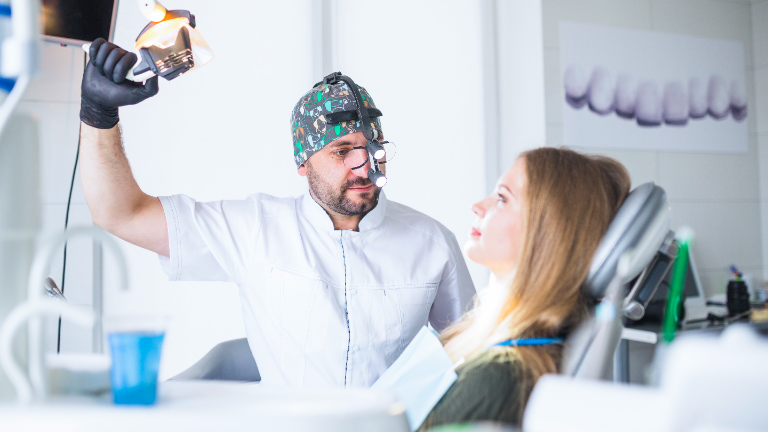Fear of dental treatment is a common problem that can cause many people to neglect their oral and dental health. However, the use of hypnosis in modern dental practices has the potential to make this process more comfortable and painless. Orthodontist and Clinical Psychologist Asst. Prof. Hüseyin Özkan said that hypnosis stands out as an effective method in both reducing patients' anxiety and pain management in dentistry.
Hypnosis is defined as a condition that increases mental focus. This method, which has been used in the field of medicine for many years, also helps patients relax and adapt to treatment in dentistry.
Anxiety can be controlled
Asst. Prof. Hüseyin Özkan stated that hypnosis can make the treatment process more comfortable by reducing anxiety, especially in individuals with fear of dentists (dentophobia). Stressing that hypnotic suggestions help patients relax and adapt to treatment, Özkan stated that hypnosis can also reduce the need for local anesthesia by raising the pain threshold.
"Scientific studies show that stress hormones decrease, heart rate is balanced and patients are better adapted to the treatment process in patients undergoing hypnosis. It is a method makes the treatment process more comfortable.''
Hypnosis method is more effective in some patient groups
Özkan stated that hypnosis is more effective especially in certain patient groups, and that this method can facilitate the treatment process by reducing anxiety in individuals with dentist fear, and provide a more comfortable experience by changing the perception of pain in patients with low pain threshold. He also emphasized that it can help suppress this reflex in patients with high nausea reflex, support pain control in individuals allergic to local anesthesia, and contribute to the management of these problems with unconscious suggestions in patients with tooth clenching (bruxism).
More comfortable treatment possible
Hypnosis not only reduces anxiety; it also provides many advantages in dental treatments. Patients can cooperate more comfortably, nausea reflex can be controlled and treatment processes can progress faster.
However, not everyone's predisposition to hypnosis is the same. According to research, approximately 10-15% of the population is highly sensitive to hypnosis, while 70% responds at a moderate level, and 10-15% may be resistant to hypnosis. In addition, hypnosis is not recommended in individuals with advanced psychiatric conditions or dissociative disorders.
Scientific research in recent years reveals that hypnosis reduces patients’ pain and anxiety levels by up to 70% in dental treatments.
Hypnosis, which is offered as a supportive option or alternative to traditional methods, promises a more comfortable treatment process by eliminating the fear of the dentist.
 Created Date: : Thursday, February 13, 2025
Created Date: : Thursday, February 13, 2025
As part of the Scientific and Technological Research Council of Türkiye (TU...
The ABET (Accreditation Board for Engineering and Technology) accreditation...







